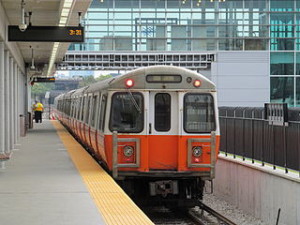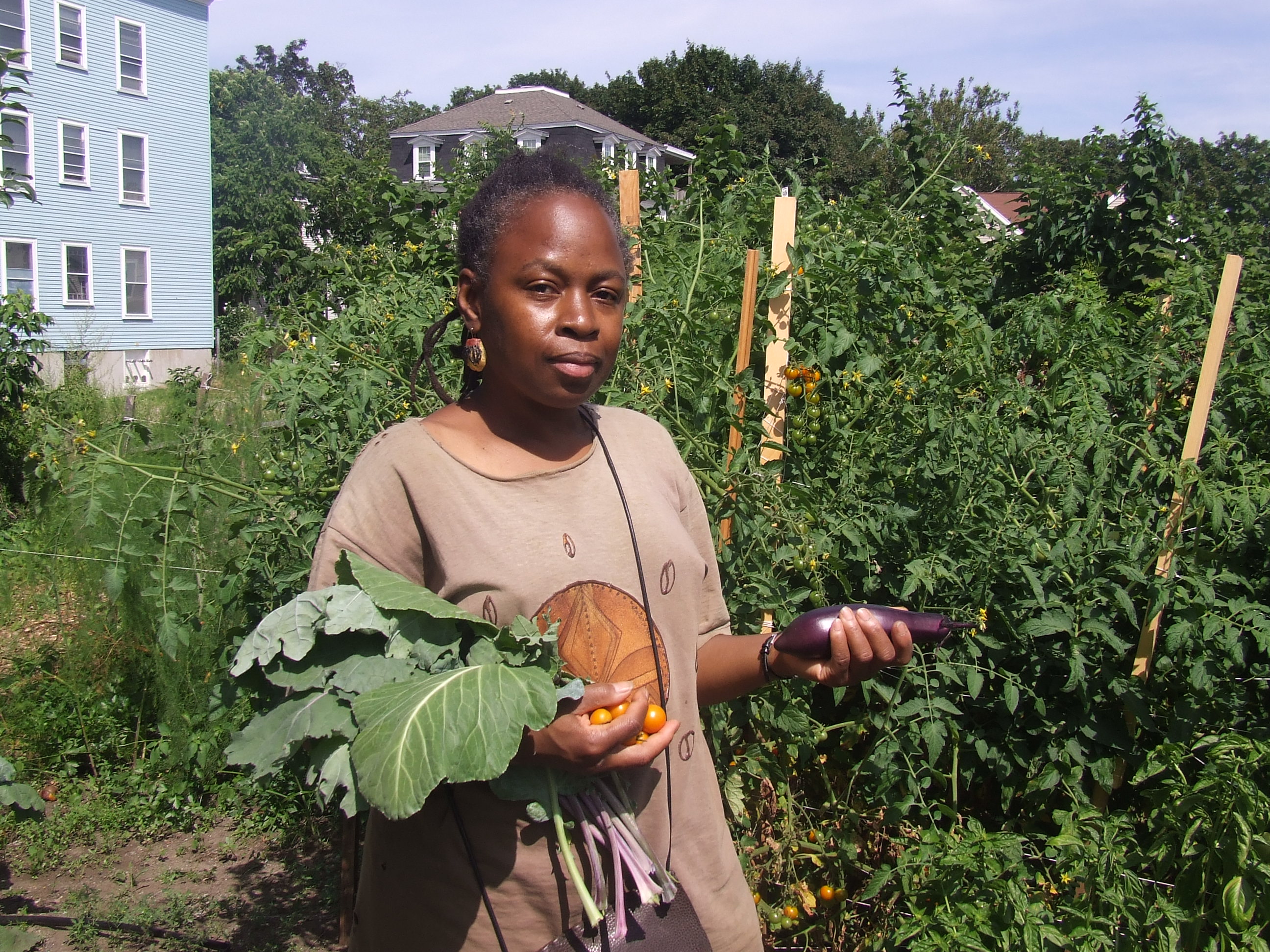Why Going Car-less Is Really Better
 This month as part of my resolve to not resolve series, I was scheduled to write about how using public transit, bikes and walking are better options than the hassles of a car. However, we had the worst winter in Boston ever and the city’s public transit system was a hot mess, and that made me really think about this issue again. After thinking about it, I still advocate for being car-less. I have been car-less pretty much all of my adult life for four main reasons.
This month as part of my resolve to not resolve series, I was scheduled to write about how using public transit, bikes and walking are better options than the hassles of a car. However, we had the worst winter in Boston ever and the city’s public transit system was a hot mess, and that made me really think about this issue again. After thinking about it, I still advocate for being car-less. I have been car-less pretty much all of my adult life for four main reasons.
Expense: It is cheaper to buy a bus or subway pass and/or ride a bike than to buy and maintain a car. When you add up the cost of gas, insurance, routine tune-ups, the premium prices for parking and the occasional “fix the problem” with the car, it gets expensive.
Sustainability: Too many unnecessary cars on the road is bad for the environment, especially single occupancy cars. Unless you have to drive many things or people (small children, disabled, elderly) around and/or regularly drive in an area where public transit and bike-friendly roads are limited, it is best to avoid cars.
Health: I think it goes without saying that driving around in a car all the time contributes to bad health habits, like physical inactivity and mindless eating. In my experience being car-less forces you to walk, run or bike more often and the desire to eat mindlessly diminishes.
De-stress: Driving is very stressful. Dealing with other drivers, getting lost, finding directions and car breakdowns can take a toll on you over time. Walking or biking (when you are not competing for road space with other cars) is more relaxing. You also get more free air, which is good for the mind and body. When you ride a bus or subway train, you can use the traveling time to do other things like reading, napping or just watching your surroundings.
I actually wrote this blog post while traveling to a client meeting on the bus! I get more done sometimes when I am on public transit than in my office. Also, when you walk, bike or take public transit, you are more mindful of things going on in your environment that you wouldn’t notice if you were driving.
Again, I should stress that being car-less only effectively works if you live and work in an area with access to decent public transit, dedicated sidewalks and bike-friendly roads.
While this winter season was unprecedented, if anything, the many storms highlighted why Boston needs to invest in better public transit and infrastructure. The problem isn’t just that the MBTA is corrupt as heck and run like the mob. The problem here is that car-less people are treated like second-class citizens because public transit and infrastructure are viewed as an afterthought and not essential in America’s car-obsessed culture.
It is totally unheard of that a major cold weather city would shut down its whole public transit system for multiple days, and then run on limited service for another month because of snow and cold temperatures. The MBTA general manager actually recommended riders to not take the T during the storms. I talked to friends from Toronto and Montreal; both cities that get considerably more snow and colder temps than Boston. All of them said that their winters are harsh, but their transit systems are always running, regardless of weather.
One Torontonian friend who happened to come to Boston during one of the storms in February was also shocked by how many sidewalks were not shoveled for pedestrians. Although there is a law on the books about shoveling sidewalks within three hours of a storm in Boston, for the most part, it is not enforced. I found myself walking in roads trying to avoid skidding cars because of icy, unshoveled sidewalks in many areas. The only reason I can use sidewalks again now is because the snow is finally melting with warmer temperatures and heavy rain.
It would actually make more sense to have better public infrastructure for inclement weather. If there were better trains and buses in Boston, we could encourage more people to use public transit and ditch cars. If there were less cars on the road during storms, there would be less traffic accidents, spin-outs and other safety hazards. If snow removal on sidewalks was enforced better, more people would be willing to walk around. There are some people who ride bikes year-round, even when snow is on the ground, like a former roommate I had many years ago. If roads were shoveled better and had dedicated bike lanes, they could accommodate both cars and bikes in a more efficient way.
I would even go as far as saying that maybe parts of the city should permanently ban cars, especially downtown. Only allow buses, bikes, cabs and delivery trucks in those areas. That could significantly improve traffic. Unlike New York and Washington D.C., Boston was not a planned city. Traffic is horrible in these areas mainly because of narrow, awkward roads that were originally built in the 1600s for horses and buggies. Boston would actually be an excellent city for making alternative transportation more of a reality.
Also, I should note that MBTA breakdowns are not just a winter phenomenon. I have been on the Orange Line with no air conditioning many times during summer heatwaves and suddenly the train stops running for 10 or 20 minutes due to “signal problems.” And you wonder why nobody in Boston wants the city to host the Summer Olympics in 2024?
Being car-less can be done; it’s just that America needs to change its car-filled mentality.
